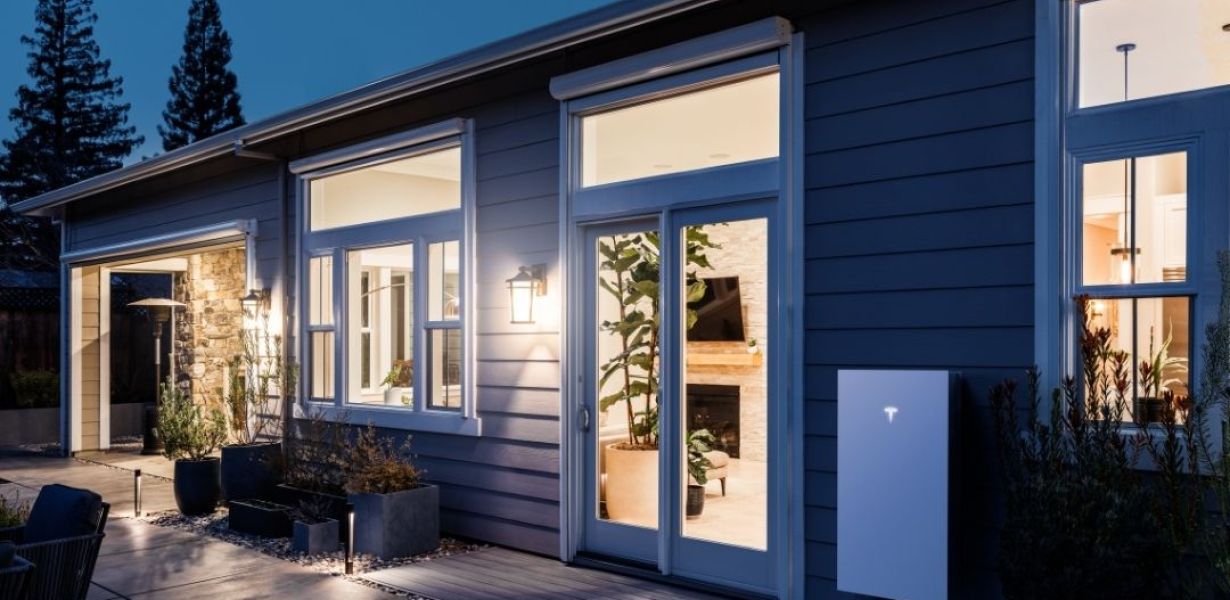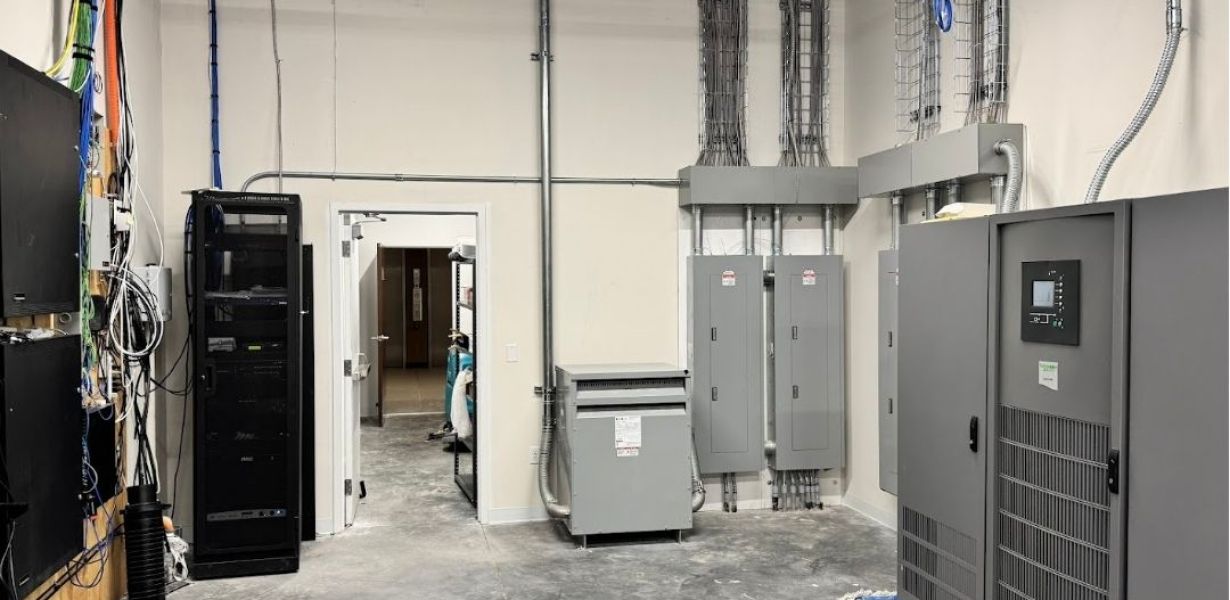What the Salt Lake City EV Readiness Ordinance Means for Property Developers

As electric vehicles (EVs) continue to surge in popularity across Utah and the nation, cities are adapting with forward-thinking policies that ensure infrastructure keeps pace. One of the most significant local developments is Salt Lake City’s EV Readiness Ordinance—a regulation that directly affects property developers, builders, and contractors working within city limits.
In this blog, we break down what the ordinance is, who it affects, where and when it applies, and how developers can turn compliance into a competitive advantage.
What Is the Salt Lake City EV Readiness Ordinance?
Salt Lake City passed the EV Readiness Ordinance in October 2023, with implementation starting in January 2024. The ordinance is designed to expand EV infrastructure in new construction and major renovation projects, ensuring buildings are prepared for Utah’s growing population of electric vehicle drivers.
In short, the ordinance requires developers to install EV-capable infrastructure in certain types of new construction and remodels. This includes conduit, panel capacity, and designated parking spots that can support Level 2 charging stations.
Who Does the Ordinance Affect?
This ordinance primarily impacts:
- Multifamily housing developers (5+ units)
- Commercial developers (offices, retail, mixed-use, hotels)
- Parking facility builders (new garages or lots)
- Contractors and architects involved in designing and constructing these properties
If you’re involved in planning, building, or renovating commercial or multifamily properties in Salt Lake City, this ordinance applies to you.
Where and When Is It Enforced?
- Location: Within Salt Lake City limits only
- Effective Date: January 1, 2024 for all applicable building permits filed after this date
While other Utah cities are observing Salt Lake City’s approach, this ordinance is currently unique to the capital. However, as the state pushes for greater EV adoption, similar policies are expected to follow in surrounding municipalities.
What Are the Compliance Requirements?
Here’s a simplified look at the EV readiness requirements by property type:
Multifamily Housing (5+ Units):
- 20% of parking spaces must be EV-capable
- Must include conduit and panel capacity to support Level 2 charging
Commercial Properties:
- 10% of total parking must be EV-capable
- Applies to new construction or substantial remodels
Parking Structures:
- EV-capable spaces must meet the same ratios listed above
- For surface lots and garages
Developers must ensure:
- Proper conduit runs to EV-designated spaces
- Dedicated electrical panel space to accommodate future charging stations
- Adherence to ADA guidelines for accessible EV spaces
Note: EV-capable doesn’t mean chargers must be installed immediately—just that infrastructure must support future installation without major retrofits.
Steps to Ensure Compliance
- Consult Local Building Code Requirements: Confirm the latest standards and updates on Salt Lake City’s Planning website.
- Integrate EV Planning Early: Include EV infrastructure in early-stage design and blueprints to avoid costly redesigns.
- Work with Certified EV Infrastructure Partners: Collaborate with specialists like Halo Hybrid who understand local regulations, permitting, and installation best practices.
- Coordinate with Electrical Engineers: Ensure your panel has enough capacity and space to scale up EV chargers.
- Keep Records: Documentation may be required during inspections to confirm compliance.
Advantages of Early Adoption for Developers
While the ordinance sets minimums, forward-thinking developers can go further and reap the rewards:
- Attract Eco-Conscious Tenants: EV-ready homes and offices appeal to an affluent and growing demographic of EV drivers.
- Future-Proof Properties: Avoid expensive retrofitting costs as EV ownership continues to rise.
- Incentives & Tax Benefits: Qualify for federal and local incentives by exceeding requirements or installing EVSE (Electric Vehicle Supply Equipment).
- Increase Property Value: EV-ready infrastructure is a selling point for investors and owners focused on sustainability.
- Positive Public Perception: Demonstrates environmental responsibility and alignment with ESG (Environmental, Social, Governance) goals.
Why Partner with Halo Hybrid?
At Halo Hybrid, we help Utah developers confidently navigate EV infrastructure requirements. Our services include:
- Site planning and electrical consulting
- Turnkey EV charging station installation
- Assistance with incentives and rebates
- Scalable solar and energy storage solutions for long-term savings
Whether you’re designing a new multifamily complex or expanding a retail footprint, we’ll help you meet Salt Lake City’s ordinance—and turn compliance into a strategic asset.
Let’s build the future—together.
Contact Halo Hybrid below to schedule a consultation and ensure your project is EV-ready from the ground up.

